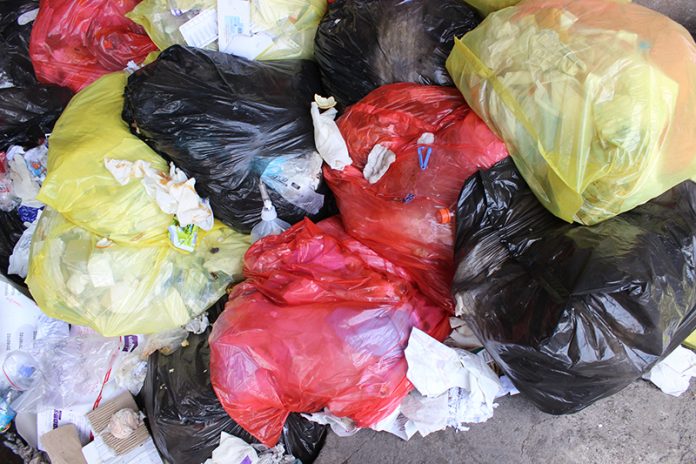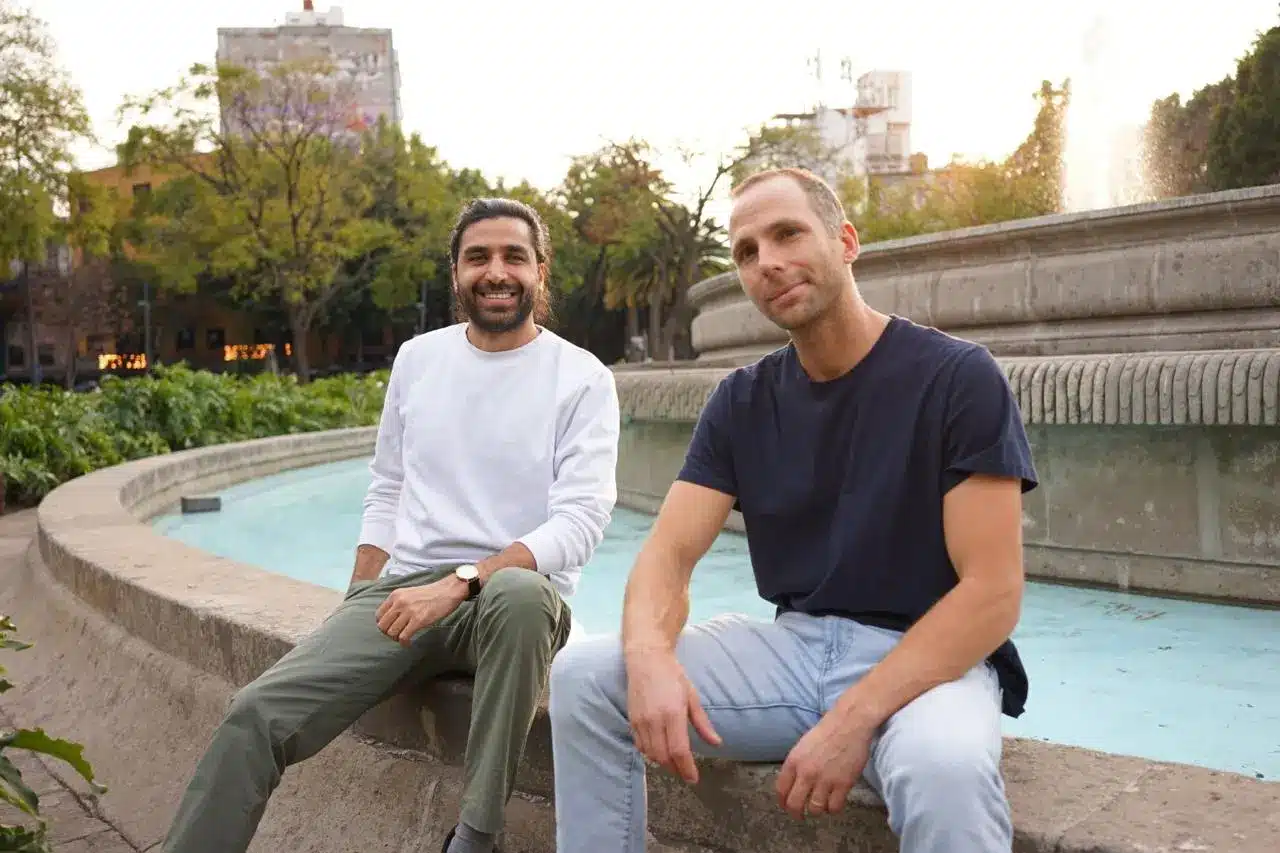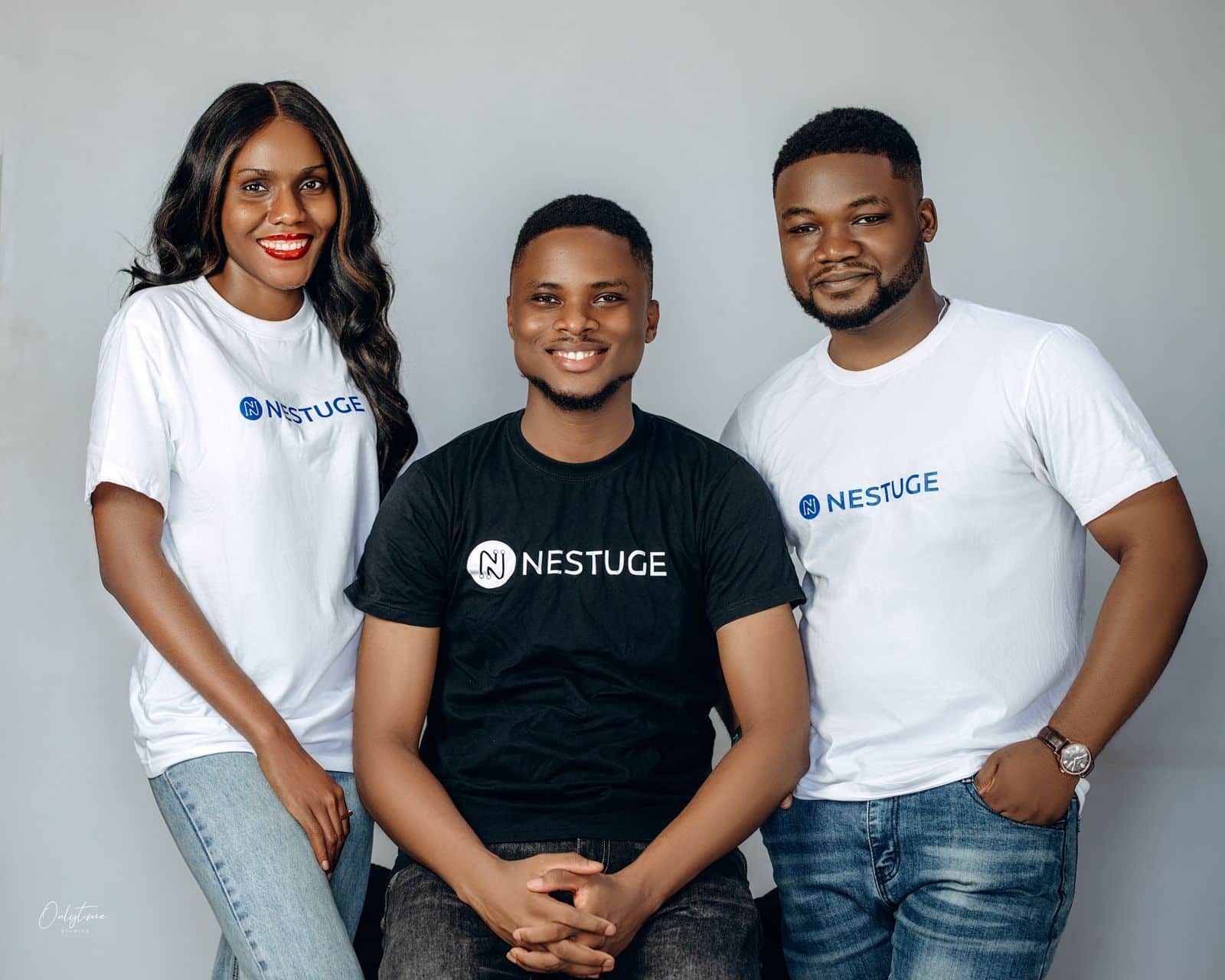When not disposed properly, biomedical waste is as hazardous to humans as any other pollutant. Fifteen percent of waste generated from healthcare activities is considered dangerous, toxic and radioactive, according to World Health Organization (WHO).
In locations where environmental regulations are really lax, so many lives are indeed at risk.
A typical dumpsite in Zimbabwe, for instance, is filled with syringes, discarded blood, identifiable body parts, used bandages, and other laboratory waste. Sometimes, these wastes are seen loosely littered around hospitals where they are waiting to be picked up by waste management workers.
This is a terrible sight to behold around a facility meant to promote health.
In order to bring an end to these unhealthy activities and reduce the risk of human exposure, Stuart Nyakatswau, a young medical laboratory scientist came up with WASTiNNOVA in May 2017.

An innovative solution
WASTiNNOVA is a technological solution initiated to support an eco-friendly health environment.
“Our aim is to provide sustainable and simplified hospital waste management solutions through productive and formal green job,” Stuart begins.
The initial approach is making sure these biomedical wastes end up in the right places. Hence, WASTiNNOVA began providing waste transportation services for medical facilities in Harare, Zimbabwe’s capital city, for a fee.
But as part of a plan to have a sustainable business, WASTiNNOVA added more services to its value offering; starting with proper decomposition of biomedical waste collected.
Although open burning of waste — using a municipal incinerator — is the most adopted method of waste management in many African nations, it remains a key contributor to climate change. This is why Stuart does not wish to follow this trend for a long time.
In 2018, the startup incorporated vermicomposting and biodigesters, as options for biomedical waste management; these methods are alternatives to burning.
As opposed to using the incinerator, hospital wastes are disposed in waste plants, where natural agents like worms and bacteria decompose them to form fertilizer.
“Early trials have yielded promising results and we move towards the sustainability goal of zero-incinerator,” he boasts. This sole initiative has opened the startup to a certain number of paying customers.
To make room for easy accessibility and communication with clients, WASTiNNOVA uses a chatbot, which is supported on WhatsApp and SMS services.
The chatbot acts as a virtual assistant that attends to clients’ enquiries and also processes requests for waste collection.
Waste to wealth
As a business, WASTiNNOVA has been sustained through sales returns from its diverse product and service offerings. Primarily, the business generates income from collection and disposal of medical wastes.
WASTiNNOVA offers basic service to health facilities — through different subscription packages — allowing payment either on a per service delivery or monthly basis.
In addition to this, there’s a premium package that offers subscribers incentives such as training, waste audit, and free bin liners. Even though Stuart wasn’t entirely open about his client base strength, he claims health facilities in Harare have been responsive.
“Majority of our clients are on basic plus cover. We started off with two health facilities on premium cover and have now increased to 35,” he adds.
The startup also generates revenue from sales of by-products from waste and recycled waste, seeing as the waste plants serve as biogas and fertilizer factories.
Hospitals and canteens have been the consistent market for biogas, while fertilizers are supplied to farms and gardens.
“In the last three months, we have increased our capacity from 900kg to 5000kg of medical waste. Our aim is to reach 150,000kg which covers the whole of Harare in 18 months,” says Stuart.
The startup recently won an award for Best Business in Waste Management and Recycling which earned it $5,000 (1,610,000 ZWL).
Overcoming location barriers
For a startup that seems to have done well within a short time span, It faces some challenges of its own.
During its early days, WASTiNNOVA had to operate without an official approval due to high licensing fees from waste management regulators in the city. It overcame this hurdle as soon as the business began to scale.
Presently, Zimbabwe is experiencing a serious economic recession that has affected businesses generally and WASTiNNOVA isn’t left out. However, the startup has been able to stay afloat through its diversified product offerings.
Also, considering the country’s lack of infrastructure, WASTiNNOVA has had to erect structures to support its services. Obviously, it is muscling its way through these challenges, but at a huge cost as Stuart himself admits.
It is hoping to adopt smart bins that would encourage route planning and scheduling waste pickups, and ultimately reduce its service fees to make it affordable to all grades of health facilities.
These would generally make its services more appealing.











